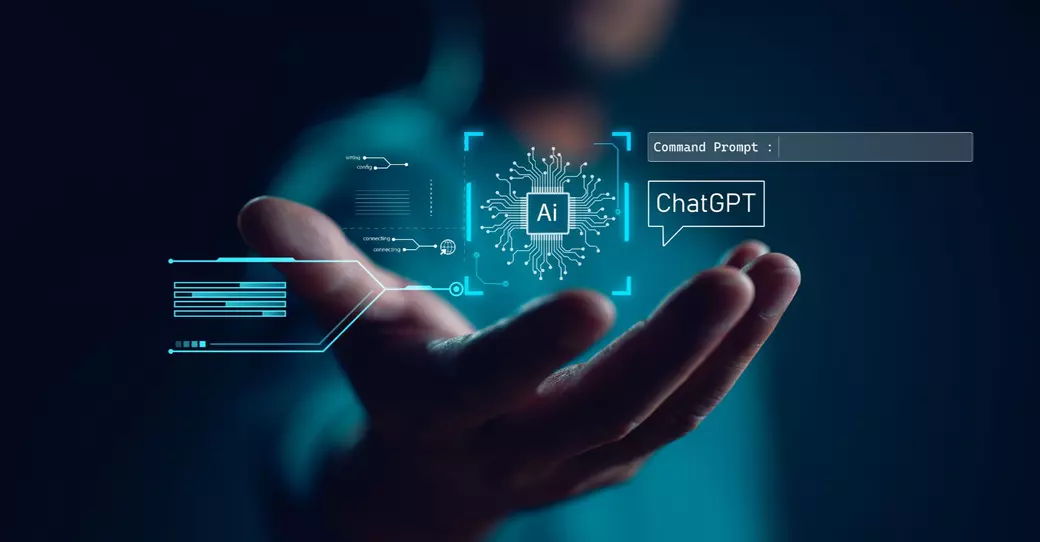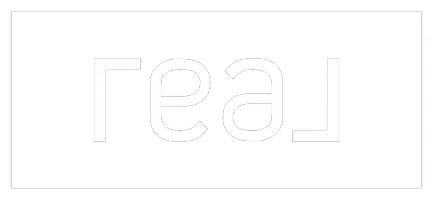OpenAI Announces ChatGPT Enterprise, biggest since its debut

OpenAI made a significant announcement on Monday, revealing the launch of ChatGPT Enterprise, the business version of its AI chatbot.
This tool has been in development for less than a year and has received input from over 20 companies across different industries and sizes. ChatGPT Enterprise provides access to GPT-4 without any usage limits, offers performance that is up to two times faster than previous versions, and includes API credits. Pricing details have not been publicly disclosed, as it will be tailored to each company's specific use cases and size.
During the beta testing phase, companies such as Block, Canva, and The Estée Lauder Cos participated. OpenAI's partnership with Microsoft earlier this year, which involved a $10 billion investment, solidified it as the largest AI investment of the year. Additionally, OpenAI reportedly closed a $300 million share sale with a valuation between $27 billion and $29 billion, with investments from firms like Sequoia Capital and Andreessen Horowitz. Since its launch in November, ChatGPT has gained over 100 million monthly active users, setting a record as the fastest-growing consumer application in history.
More than 80% of Fortune 500 companies actively use ChatGPT, highlighting its widespread adoption among leading businesses. One key distinction between ChatGPT Enterprise and the consumer version is that the enterprise edition allows clients to input their own company data to train and customize the chatbot for their industries and specific use cases. However, some of these features are not yet available in the initial release. OpenAI also has plans to introduce a ChatGPT Business tier for smaller teams, but no timeline has been specified.

OpenAI's decision to roll out the enterprise version first, before the business tier, allows them to gain hands-on experience and understand the deployment process better. The company emphasizes that it does not train its models on users' business data or conversations, and client conversation data is encrypted for security. However, OpenAI does log aggregate data on tool usage, including performance metadata.
The release of ChatGPT Enterprise comes at a time when chatbot leaders, including OpenAI, Microsoft, Google, and Anthropic, are engaged in an AI arms race. These tech giants are competing to introduce new chatbot apps and features as they encourage consumers to incorporate generative AI into their daily routines. OpenAI recently launched its iOS and Android apps, while Google and Microsoft continue to enhance their respective chatbot offerings. Anthropic, an AI startup founded by former OpenAI executives, also entered the chatbot market with its AI chatbot, Claude 2, after raising $750 million in funding.
When asked about the comparison between ChatGPT Enterprise and Microsoft's Bing Chat Enterprise, an OpenAI representative clarified that ChatGPT is an independent product but can potentially integrate with other tools, including Microsoft's platform.
Operating ChatGPT, like other large language models, is costly. Each chat interaction can cost OpenAI "single-digit cents," indicating that serving millions of users every month can amount to millions of dollars in expenses, according to a tweet from CEO Sam Altman. The biggest challenge in developing ChatGPT Enterprise was determining the priority of features. OpenAI had to carefully consider user feedback and the value each feature offered to decide which ones to prioritize. For example, they renamed a feature called Code Interpreter to Advanced Data Analysis after considering feedback from companies.
Categories
Recent Posts










GET MORE INFORMATION

